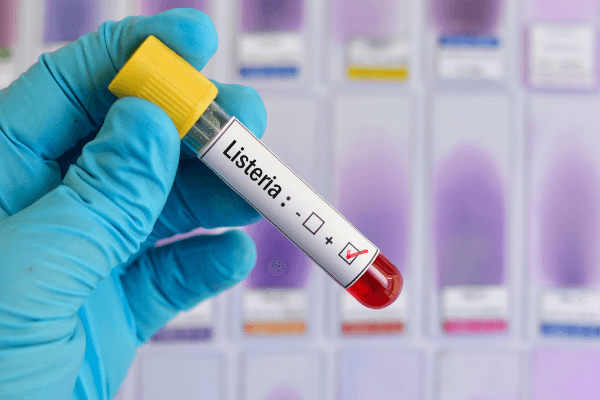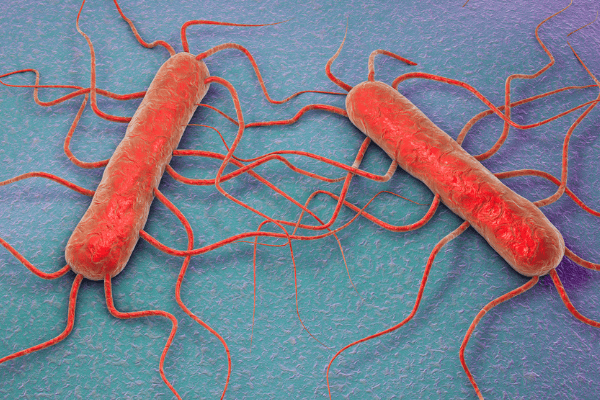Technological advances and innovation in materials have turned food processing into a guarantee of safety, preserving its properties, preventing the proliferation of bacteria such as listeria and achieving maximum product quality. In this article we explain what listeria is, what effects it can cause and its industrial prevention.
What is listeriosis?
Listeria monocytogenes is the bacterium that causes listeriosis.
This bacterium grows and develops in some contaminated foods and is very common in nature.
It usually causes few symptoms in healthy people, however, in at-risk individuals it can be highly dangerous. Storage of contaminated or poorly processed foods can allow listeria to grow, even if they are refrigerated. In addition, special care must be taken in the handling and industrial processing process, as it can be present in raw foods or contaminate them after they have been cooked.
Listeria: foods involved
Listeria is controlled by hygienic food preparation, storage and handling. However, some foods are more prone to listeria than others, especially if hygienic practices have not been followed. Nevertheless, the food industry continues to innovate to offer increasingly safe and reliable options through innovative means such as the use of ultrasound for food sanitation.
Here are some examples of high-risk foods to be especially careful with:
- Sausages.
- Unpackaged ready-to-eat foods on counters.
- Unwashed fresh fruits and vegetables.
- Poultry.
- Pâté.
- Salads.
- Seafood, especially raw.
- Smoked foods.
- Cheese.
- Unpasteurized dairy products.
Effects of listeria monocytogenes on the organism

While it is true that in healthy people there are usually no symptoms, listeriosis may pose a greater risk in pregnant women, newborns, the elderly or individuals with weakened immune systems. In these cases, symptoms may include fever, headache, fatigue, diarrhea, nausea and abdominal cramps or may develop into more severe forms of the disease, such as meningitis and septicemia.
Symptoms in pregnant women may be mild, but listeriosis is considered a danger capable of causing miscarriage, premature delivery or pregnancy complications.
How to combat listeria: Prevention
It is essential to prepare, handle, store and consume food hygienically and, if you are at risk, avoid certain foods more prone to contamination by listeria monocytogenes.
Ideally, eat only freshly cooked foods, well-washed and safely processed fruits and vegetables and avoid consuming high-risk foods, especially if you are not sure how they have been prepared, stored and handled. Care should also be taken to clean kitchen utensils where food is prepared, such as knives and cutting boards, to avoid spreading the bacteria.
Safety in the food processing and food industry
The food processing industry maintains a strict hygiene system that guarantees the safety of prepared or packaged foods thanks to the quality controls of the processed foods to which it is subjected, the different analytical and food safety tests, the identification and solution of problems thanks to forensic engineering, and compliance with regulations.
Today, research and development in technological innovations is continuously advancing and has achieved great successes. It has succeeded in extending the shelf life of food, for example, by modifying the plastic of packaging to limit degradation, optimizing culinary processes to keep flavors and textures fresh and free of contamination, or developing new antimicrobial materials to prevent the growth of listeria, bacteria and other spoilage microorganisms.
At Infinitia Research we care about food health and we take the utmost care in offering innovative solutions to ensure food safety. Contact us to learn more about our work.





